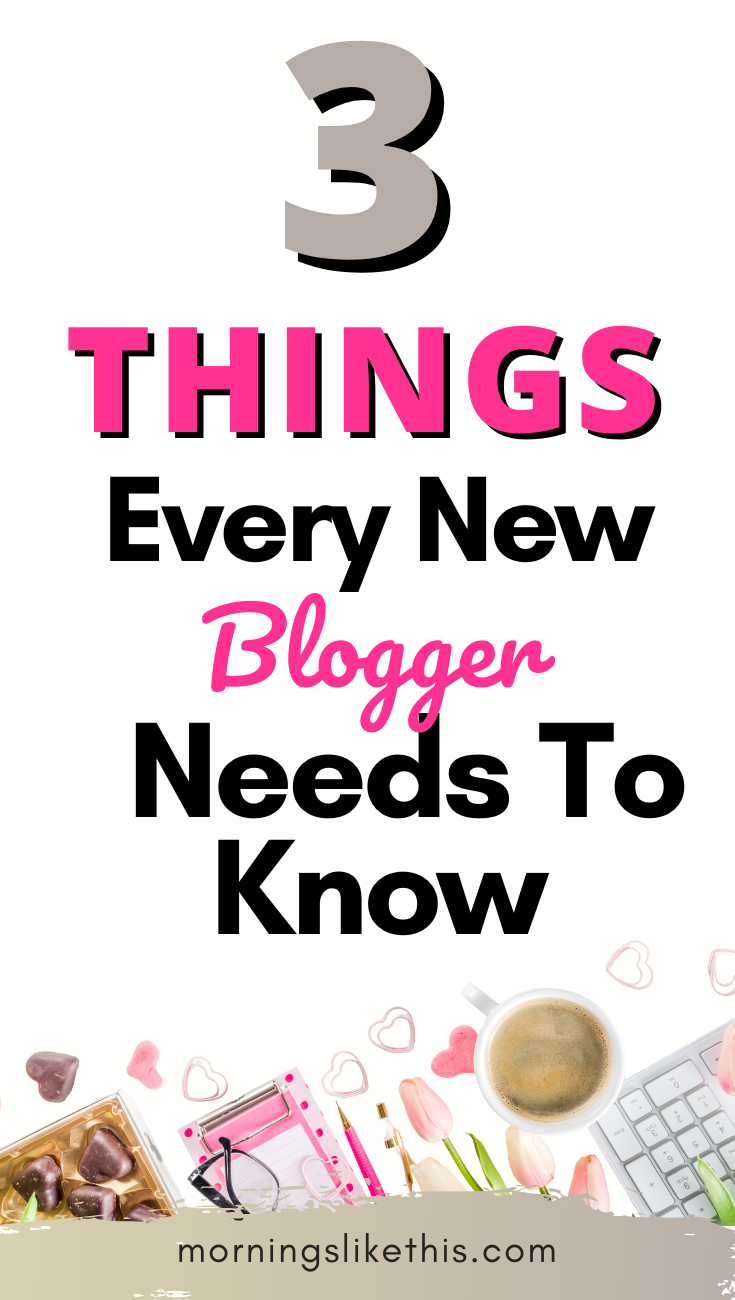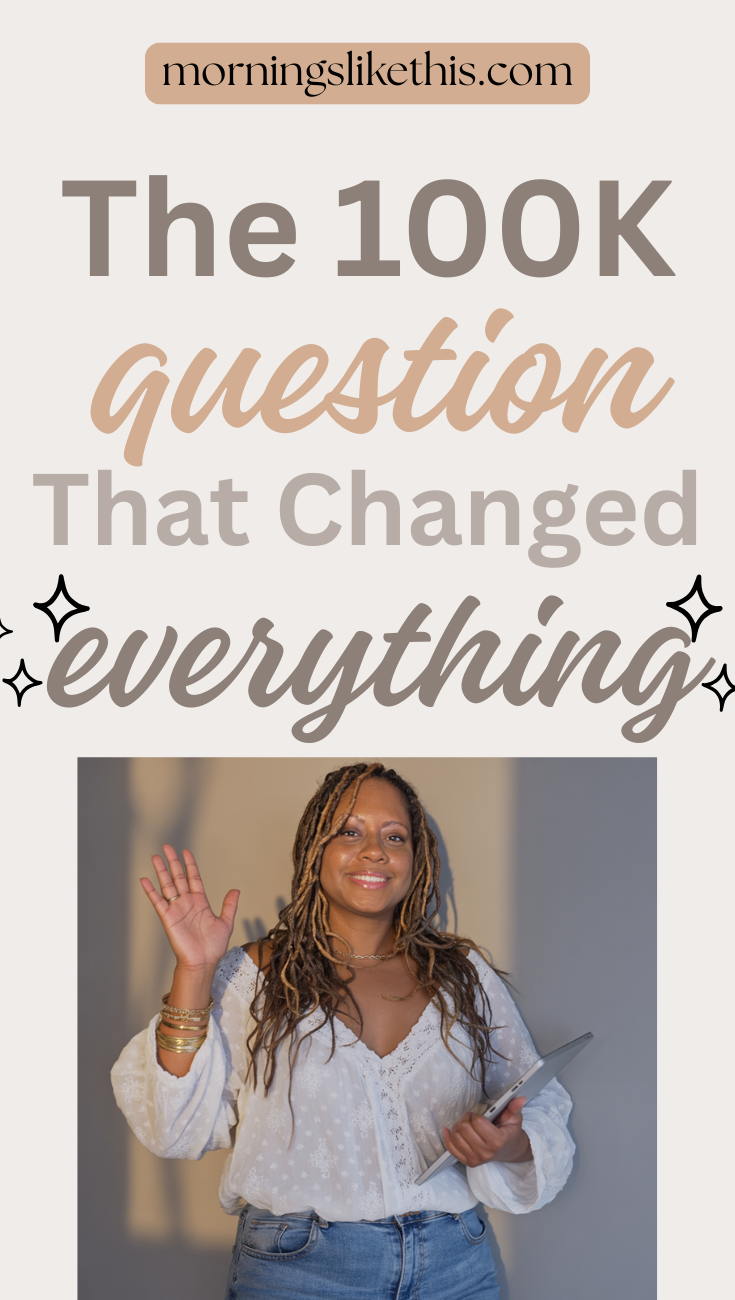Why Self-Awareness Is the Most Radical Thing a Black Woman Can Do
DISCLOSURE: Some of the links on this site are affiliate links, which means I may earn a commission if you click through and make a purchase, at no additional cost to you. I only recommend products and services that I use, love, or believe will provide value to my readers. Your support helps keep the content on this site free, and I sincerely appreciate it.
Hey Friend!
In this manifesto...
We unpack what it means to wake up—spiritually, politically, and culturally—as a Black woman in a world that thrives on our disconnection from self. This post explores the discomfort of realizing how miseducation has shaped our identities, how to navigate relationships with those who haven’t yet awakened, and why self-awareness is one of the most liberating and radical acts you can do. If you’re on your own journey of unlearning and remembering who you are, this is the conversation your soul has been waiting for.
Waking Up at 52
There’s something life-altering about realizing you’ve been asleep. That all your life, you’ve been handed an identity that never truly belonged to you. You’ve answered to it. You’ve smiled for it. You’ve dimmed yourself for it. And then—boom—you wake up one day and realize…you are African.
That was me today.
An incident happened at work that cracked something open in me. I was speaking to another Black woman—smart, funny, perfectly lovely—but she didn’t share the same reaction I had when it came to white folks even brushing up against the N-word. And that shook me.
Not because I needed her to agree with me. But because I realized we weren’t even in the same dimension of consciousness.
And it hit me: I just woke up. I just got here. And it would be cruel to expect everyone else to be in the exact same place.
From “Not Interested” to “Can’t Unsee It”
Let me be real: I wasn’t always here. I didn’t care about Black history. I didn’t know anything about African spirituality. I didn’t follow politics. I was minding my business, surviving in the world, and doing what I was taught to do—assimilate.
Then Trump happened.
And suddenly, I couldn’t ignore it anymore. The racism wasn’t subtle. The bigotry wasn’t coded. It was brazen and loud. And something in me stirred. A deep, ancestral rumble that whispered, “Wake up.”
So I did.
I started studying. I read about African traditional religions. I learned about the laws—past and present—and how many of them were never made with us in mind. I learned that I was never meant to thrive in a system that was designed to keep me misinformed and disconnected from my power.
And slowly, painfully, I started to see.
On Identity: The Embarrassment of Being African
Let me say something that hurts to admit: I used to be embarrassed to call myself African.
Not Black—Black was fine. But African? That felt foreign. Dirty, even. That’s how deep the conditioning runs. That’s how violent the miseducation is. We’ve been so disconnected from our roots that the word African makes some of us cringe.
But now? Now I say it with my whole chest: I am African.
Not just descended from Africa. Not just carrying some heritage in my DNA. I am African. And it is nothing to be ashamed of. In fact, it is everything I need to be proud of.
Because knowing you are African means knowing you are powerful beyond measure. It means understanding that your lineage didn’t start on a plantation. It means recognizing that your body, your spirit, your very presence is part of something ancient, divine, and unstoppable.
Navigating Conversations with the “Not Yet Awakened”
So when I stood across from this Black woman at work and realized she hadn’t yet awakened, I had to check myself.
My first instinct was judgment. Frustration. How could she not see? How could she not be outraged?
But then the mirror turned on me.
Sis, you just got here. You just learned this. You just started reading, studying, praying, reclaiming your culture. So who are you to judge someone who hasn’t yet arrived?
We can’t all awaken at the same time. And honestly? Not all of us will. And that has to be okay.
Help vs. Hinder: The Sacred Right to Distance
Here’s what I’m learning: just because someone looks like you doesn’t mean they’re aligned with you. And that doesn’t make them bad people. But it does give you the right to choose distance.
You are allowed to say, “I love you, but I won’t share space with you.”
You are allowed to say, “I don’t have the capacity to be your teacher right now.”
You are allowed to say, “I choose me.”
Being on this journey means you will feel isolated at times. It means you may feel like the odd one out in rooms that used to feel familiar. But protecting your growth is sacred. You don’t owe anyone proximity if it costs you your peace.
The Quiet Racism That Still Cuts Deep
Let’s not even get started on the white man who prompted this whole reflection. The one using a variation of the N-word like we didn’t all know what he meant. The one whose smirk said, “What? I didn’t say it.”
And we know exactly who these people are. The ones who love to toe the line just close enough to make you squirm, but far enough to avoid HR.
He’s probably a Trump supporter. That doesn’t automatically make him racist, but it does mean he’s made peace with a party that’s built on racial fear and control. That’s its own kind of violence.
And again, I’m not here to educate white people on what’s offensive or not. I’m not their anti-racism tour guide. That’s not my job—especially not at work. Especially not today.
Grace for Them. Grace for Me.
So here I am—waking up, grieving the years I was asleep, and still trying to extend grace to those who haven’t yet stirred. Because I was them. And I might’ve stayed there forever if life didn’t shake me.
But grace doesn’t mean closeness.
I can hold space for their journey while choosing not to journey beside them.
And that’s what I want to say to you: if you’ve recently woken up—if the veil has lifted and you’re seeing the world with new eyes—you have the right to protect that. You have the right to cocoon. You have the right to build new boundaries, even with people who look like you.
You Are Becoming. And That’s Enough.
This growth is uncomfortable. Sometimes lonely. Often painful. But it’s also the most delicious, soul-affirming transformation you’ll ever experience.
You’re not just learning facts. You’re remembering who you are.
And every time you choose awareness over comfort, truth over silence, and self over assimilation, you are honoring your ancestors. You are becoming the free Black woman they dreamed of.
So keep going.
CALL TO ACTION
If this post stirred something in you, I invite you to do three things:
Leave a comment. What resonated with you the most?
Share this post with a friend or sister who’s also on this path. Let’s grow together.
Support the movement. Your donations help me keep writing the truth that sets us free. [Here’s my Ko-fi link.]
And finally, remember this: You are not late. You are not behind. You are right on time for your own liberation.
Live Pleasurably,
Manifestos You’ll Love!
















DISCLOSURE: Some of the links on this site are affiliate links, which means I may earn a commission if you click through and make a purchase, at no additional cost to you. I only recommend products and services that I use, love, or believe will provide value to my readers. Your support helps keep the content on this site free, and I sincerely appreciate it.